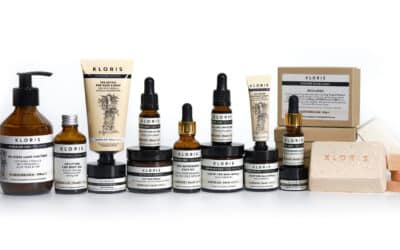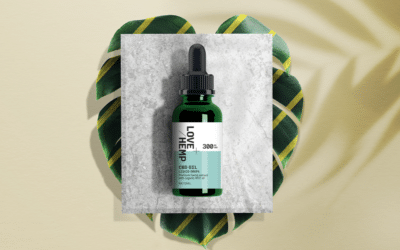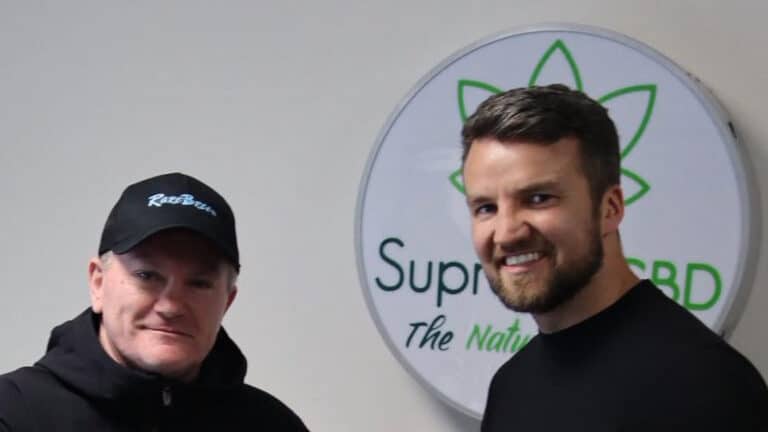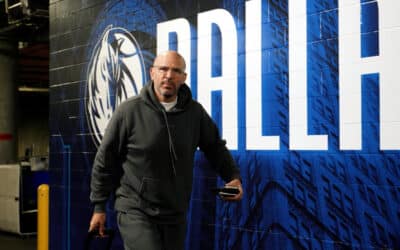The Advertising Standards Authority (ASA) has ruled against Liverpool former boxer, and cousin of Robbie Fowler, Anthony Fowler over a social media ad for his company Supreme CBD, a supplier of cannabinoid ‘health supplements’.
In a post on Fowler’s X page, made on 21 July 2024, for Supreme CBD. Fowler promoted a discount code for CBD products and said: “A lot of people message me saying ‘I want to try CBD, I don’t know where to start, I’m quite scared to spend money in case it doesn’t work.’ […] It will work, for everyone, because we all have the same system called [sic] endocannabinoid system which works with cannabinoids, like CBD. It’s the reason we’re so popular. Most […] supplements, you take it, you don’t feel any different. With CBD after, like, a few days, you feel a big difference. Then you really, really get the benefits.”
A complaint had claimed that the ad made implied general health claims that were in breach of the Code. Fowler, however, the director and owner of Supreme CBD, said that he did not believe he made any medical claims with regards to CBD. He stated that the posts were on his personal account, and were his opinions alone, and not backed by any medical claim or research. Supreme CBD provided three studies regarding the potential health benefits of CBD.
The ASA, however, upheld the complaint. Its ruling said: “The ASA noted that Anthony Fowler believed he was simply providing his personal opinion on his personal social media account. However, Anthony Fowler was the owner of Supreme CBD and the post’s content related to Supreme CBD. The post was therefore an ad for Supreme CBD, and any claims must comply with the CAP Code.
“The CAP Code defined health claims as those that stated, suggested or implied a relationship between a food, or ingredient, and health. References to general benefits of a nutrient or food for overall good health or health-related well-being could be used in marketing communications, if they were accompanied by a specific health claim authorised on the Great Britain nutrition and health claims register (the GB Register) in relation to the relevant nutrient or food.
“We considered that consumers would understand the claims “It will work, for everyone, because we all have the same system called [sic] endocannabinoid system which works with cannabinoids, like CBD” and “Most […] supplements, you take it, you don’t feel any different. With CBD after, like, a few days, you feel a big difference. Then you really, really get the benefits” to imply that the CBD in the product would be generally beneficial to health and well-being.
“The claims must therefore be accompanied by a specific authorised health claim for CBD. However, the ad did not include any authorised claims. Furthermore, we noted there were no authorised health claims for CBD on the GB Register. We concluded that the claims breached the Code.
“On that point, the ad breached CAP Code (Edition 12) rules 15.1, 15.1.1, 15.2 and 15.7 (Food, food supplements and associated health or nutrition claims).”
The ASA ruled that the ad must not appear again in the form complained of. It further told Supreme CBD Ltd and Anthony Fowler not to make any general or specific health claims about CBD, until such time as a health claim was authorised on the GB Register in relation to CBD.”
This isn’t the first run in with ad authorities for 2014 Commonwealth middleweight champion Fowler and CBD Supreme. In February of this year Fowler was censured by the ASA, along with former footballers John Hartson and Matt Le Tissier, over ads which claimed Supreme’s CBD products could prevent, treat, or cure disease, another breach of the Advertising Standards Authority (ASA) code.













